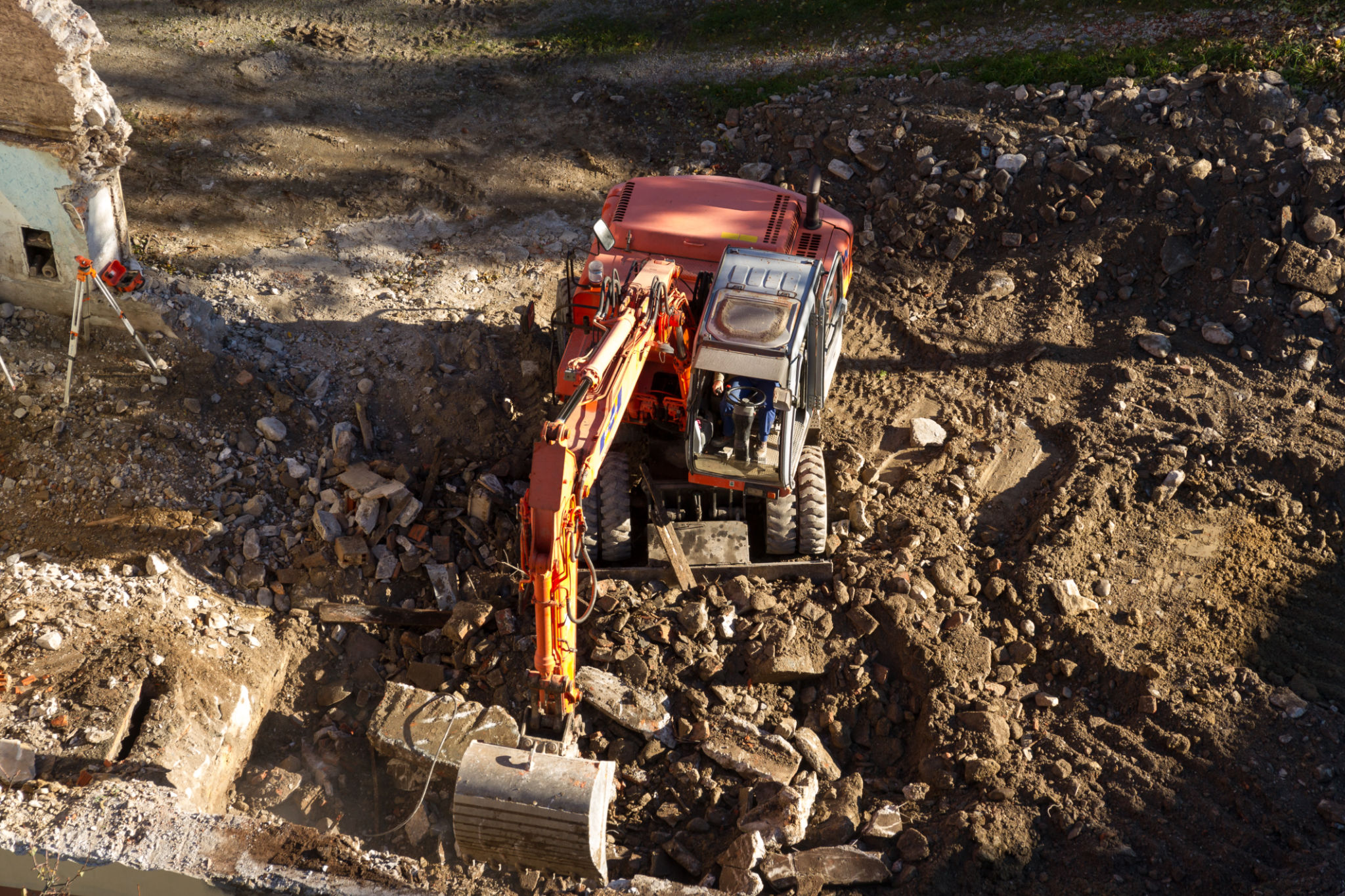Preparing for Ghana's Rainy Season: Coastal Community Resilience Tips
Preparing for Ghana's rainy season is essential for individuals and communities, particularly in coastal areas. The rainy season brings increased precipitation, which can lead to flooding, infrastructure damage, and other challenges. By adopting proactive measures and fostering community resilience, residents can better navigate this period and safeguard their homes and livelihoods.
Understanding Ghana's Rainy Season and Its Impact
The rainy season in Ghana is characterized by heavy rainfall and increased humidity. Coastal regions, such as Accra and Cape Coast, often experience the brunt of these weather patterns. Understanding the typical weather patterns during this season is crucial for effective preparation.
Common Challenges Faced
Flooding is a significant concern during the rainy season, particularly in low-lying areas. This can lead to property damage, disruption of daily activities, and health risks due to waterborne diseases.
The Importance of Community Resilience
Community resilience refers to the ability of a community to prepare for, respond to, and recover from adverse events. In the context of the rainy season, fostering resilience involves collective efforts to mitigate risks and enhance preparedness.
Practical Tips for Rainy Season Preparation
Residents can take several steps to prepare for the rainy season and minimize its impact. These measures range from individual actions to community-wide initiatives.
1. Ensuring Proper Drainage
Maintaining clear and functional drainage systems is vital to prevent water accumulation and flooding. Regularly cleaning gutters and drains can help ensure water flows freely during heavy rains.

2. Protecting Homes and Property
Installing flood barriers and sealing cracks in walls and foundations can help prevent water from entering homes. Additionally, elevating electrical outlets and appliances minimizes the risk of damage during floods.
3. Community Collaboration
Organizing community clean-up drives and awareness campaigns can foster collective responsibility. These initiatives can address larger issues, such as clearing blocked waterways and educating residents about flood risks.
Leveraging Local Resources and Expertise
Local organizations and government agencies often provide resources and support during the rainy season. Engaging with these entities can enhance preparedness and response efforts.
Accessing Early Warning Systems
Early warning systems provide timely information about impending weather conditions. Staying informed through local news and weather updates allows residents to take precautionary measures.
Participating in Training and Workshops
Many communities offer training sessions on disaster preparedness. These workshops equip residents with the knowledge and skills needed to respond effectively to emergencies.

Adopting Sustainable Practices for Long-Term Resilience
While immediate preparation is crucial, adopting sustainable practices can enhance long-term resilience to weather-related challenges.
1. Implementing Green Infrastructure
Green infrastructure, such as rain gardens and permeable pavements, helps manage stormwater and reduce flooding. These solutions also contribute to environmental conservation.
2. Promoting Afforestation
Planting trees and preserving green spaces can mitigate the impact of heavy rains by improving soil stability and reducing runoff.
Conclusion
Preparing for Ghana's rainy season requires a combination of individual actions, community collaboration, and support from local organizations. By understanding the challenges and implementing these strategies, residents, particularly in coastal areas, can enhance their resilience and protect their communities. Embracing sustainable practices further ensures long-term benefits, fostering a safer and more resilient environment for all.